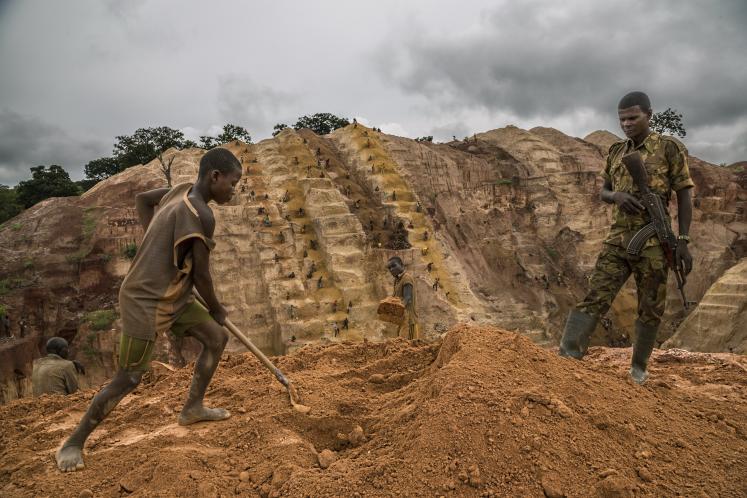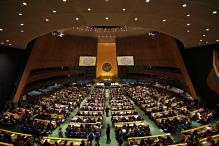For over a decade, violent conflict in the Central African Republic (CAR) has been fueled by armed group involvement in transnational organized crime, primarily arms trafficking, illicit trade in diamonds and gold, protection and taxation of pastoralism and livestock trade, and erecting road barriers. This report recounts this history and argues that the CAR is at a critical juncture that risks embedding transnational organized crime within the State.
It examines the effectiveness of multilateral initiatives to curb organized crime in the CAR and suggests these interventions have lacked an overarching strategy and prioritization, often viewing organized crime as outside their mandate or resource capacity.
The report advances several recommendations to enhance multilateral initiatives aimed at curtailing transnational crime in the CAR:
- Prioritizing and mainstreaming organized crime considerations in peacekeeping and peacebuilding responses.
- Adapting multilateral engagement, potentially supporting future bilateral or regional interventions with UN guidance to ensure civilian protection and facilitate State-building.
- Encouraging the CAR Government to address State consolidation and economic development fundamentals, moving beyond concessionary politics. This includes investing in infrastructure, economic diversity, regional connectivity and strengthening governance to provide alternatives to illicit activities.
Read 'Organized crime and conflict in the Central African Republic' here.
Suggested citation: Fiona Mangan. Organized crime and conflict in the Central African Republic : UNU-CPR, 2025.


